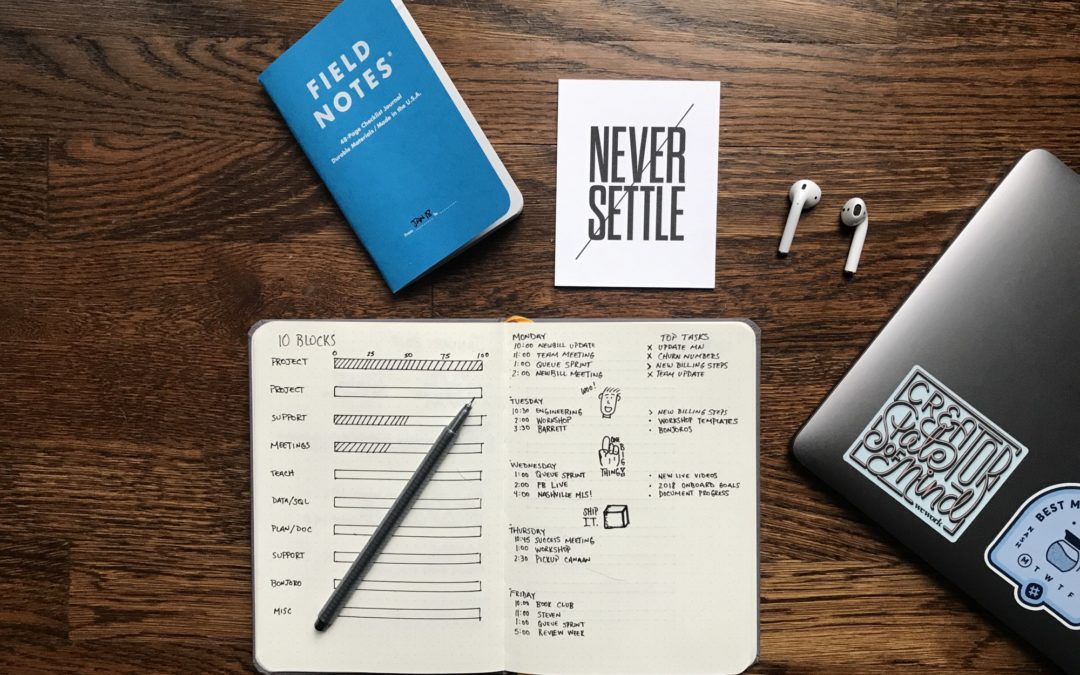You start off the day determined to check everything off your to-do list, but by 5 p.m., you’ve barely managed to make a dent. Maybe it’s not about the amount of work you have to do, but how you’re doing it. Below are five tips to help you make the most of your time, so you end the day feeling satisfied, not stressed.
- Start the day with a workout. Billionaire Richard Branson swears that daily exercise doubles his productivity. It may seem counterproductive when you’ve got a packed schedule, but taking time to exercise may help you get more done. Studies have shown that exercise benefits more than just the body, and can improve mental sharpness as well as promote creativity, two things that can be helpful when you’re finding solutions to problems throughout the day.
- Go hard for 90 minutes, then take a break. Sleep researcher Nathaniel Kleitman discovered the “basic rest-activity cycle,” 90-minute periods during which people move in and out of deep sleep. He found a similar cycle during waking hours, wherein you’re at max alertness for 90 minutes, before you have to rely on emergency reserves (like adrenalin) or artificial sources (like caffeine) to keep you going. Got a lot on your to-do list? Break them down into 90-minute increments, taking breaks in between. And speaking of to-do lists…
- Cut down your to-do list. Apply the Pareto Principle to your day. The principle states that 80% of effects comes from 20% of causes. In practical terms, the Harvard Business Review suggests writing down your top six priorities for the day, and then crossing out the bottom five. Then focus on your top task for 90 minutes.
- Ignore your phone. At least until you’re done with a task requiring focus. Digital distraction is a real thing, and even a quick check of your Facebook notifications or a reply to a text message that comes mid-task can set you back half an hour. Addicted to your phone? Ironically, there are apps to wean you off it.
- Work from home. If you have a more progressive work place, you might be able to convince your boss to let you work remotely. Try using this TED Talk to plead your case: Stanford Professor of Economics Nicolas Bloom cites a Singapore company where half the staff worked from home four days a week, while the other half worked regular hours at the office. The study found that the work-from-home group had a dramatic increase in productivity, mostly because of fewer distractions (“There’s cake in the break room!”). If there’s no space that’s conducive to getting work done at home, try a co-working space in your neighborhood.

